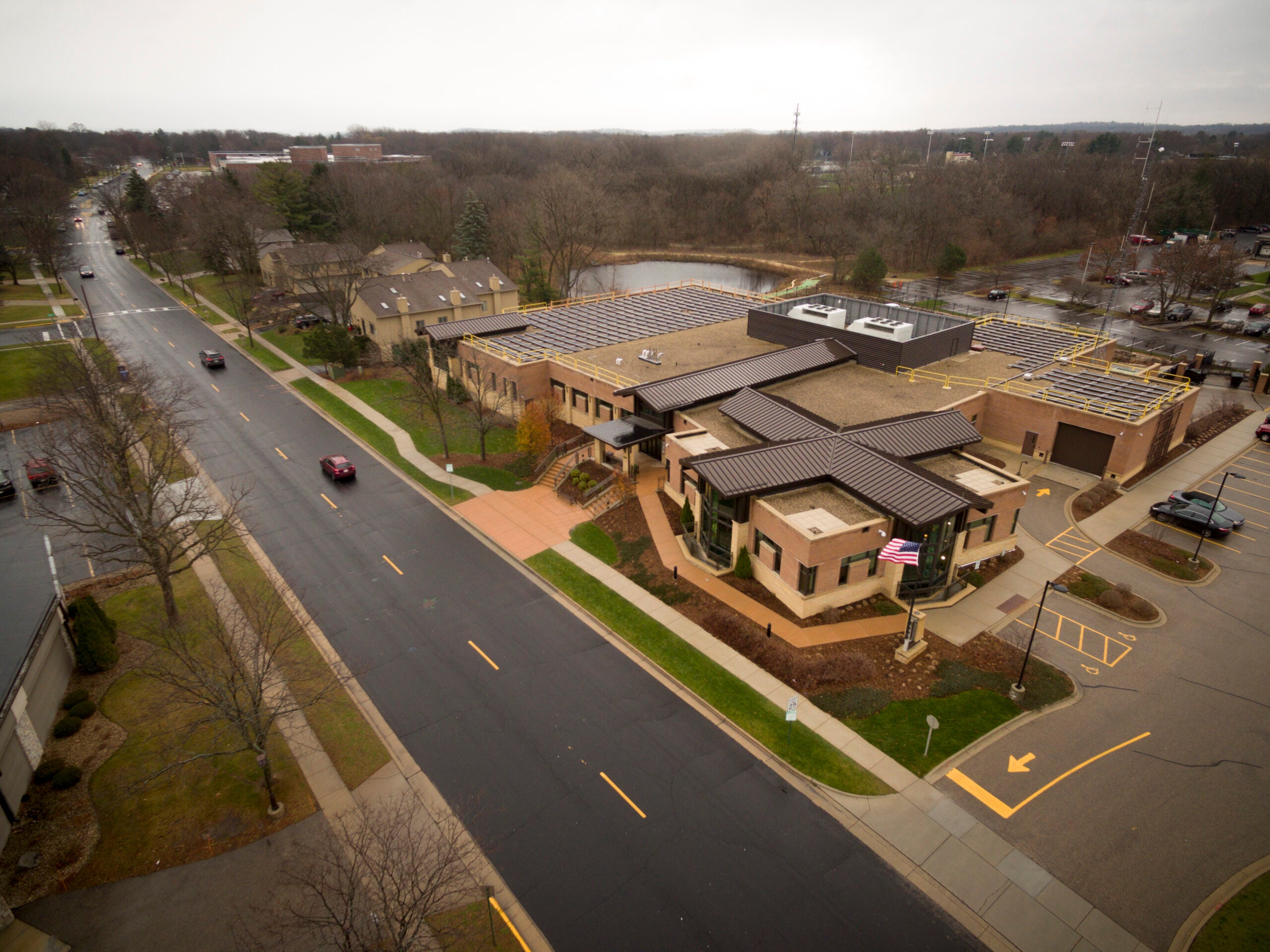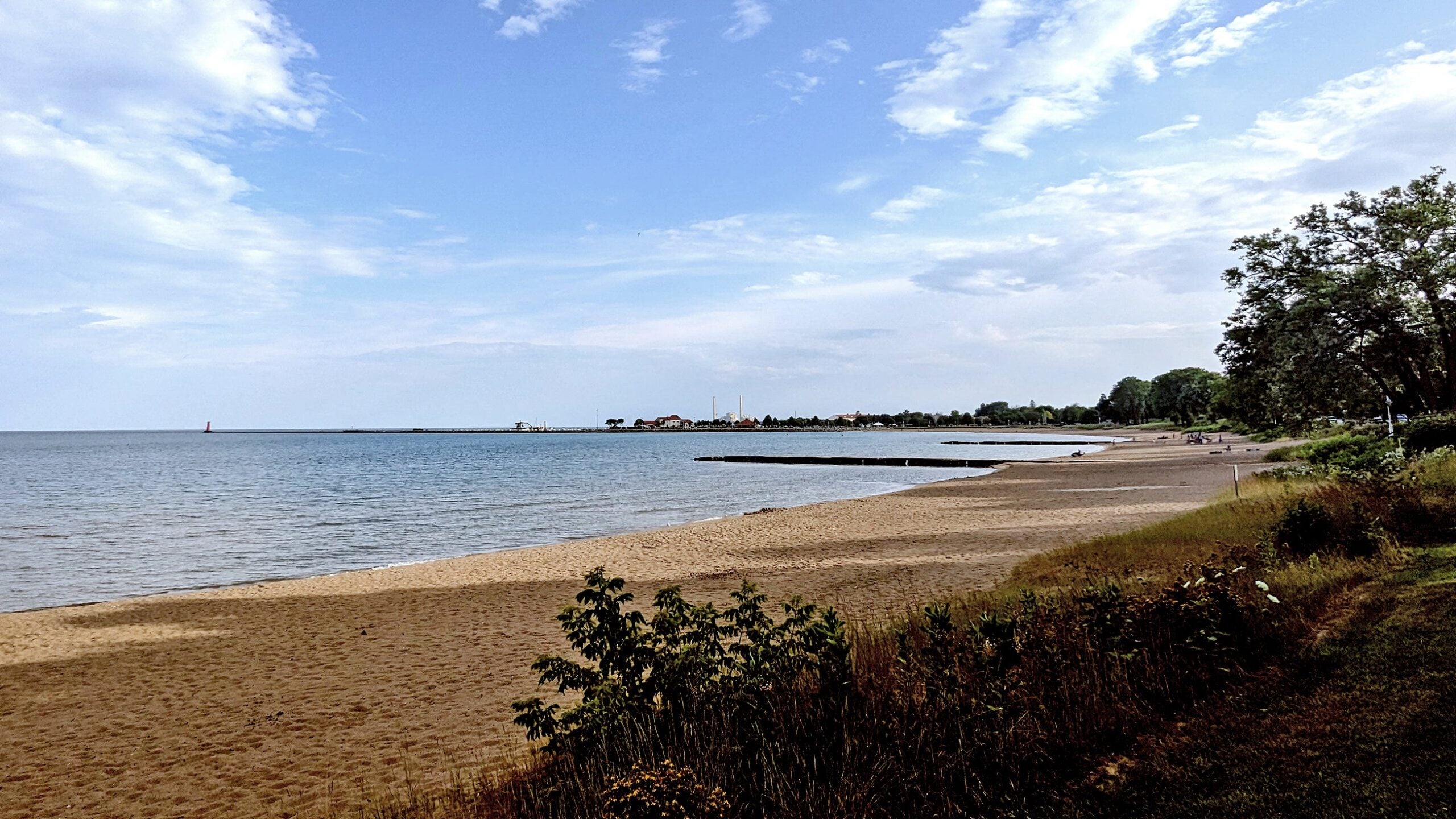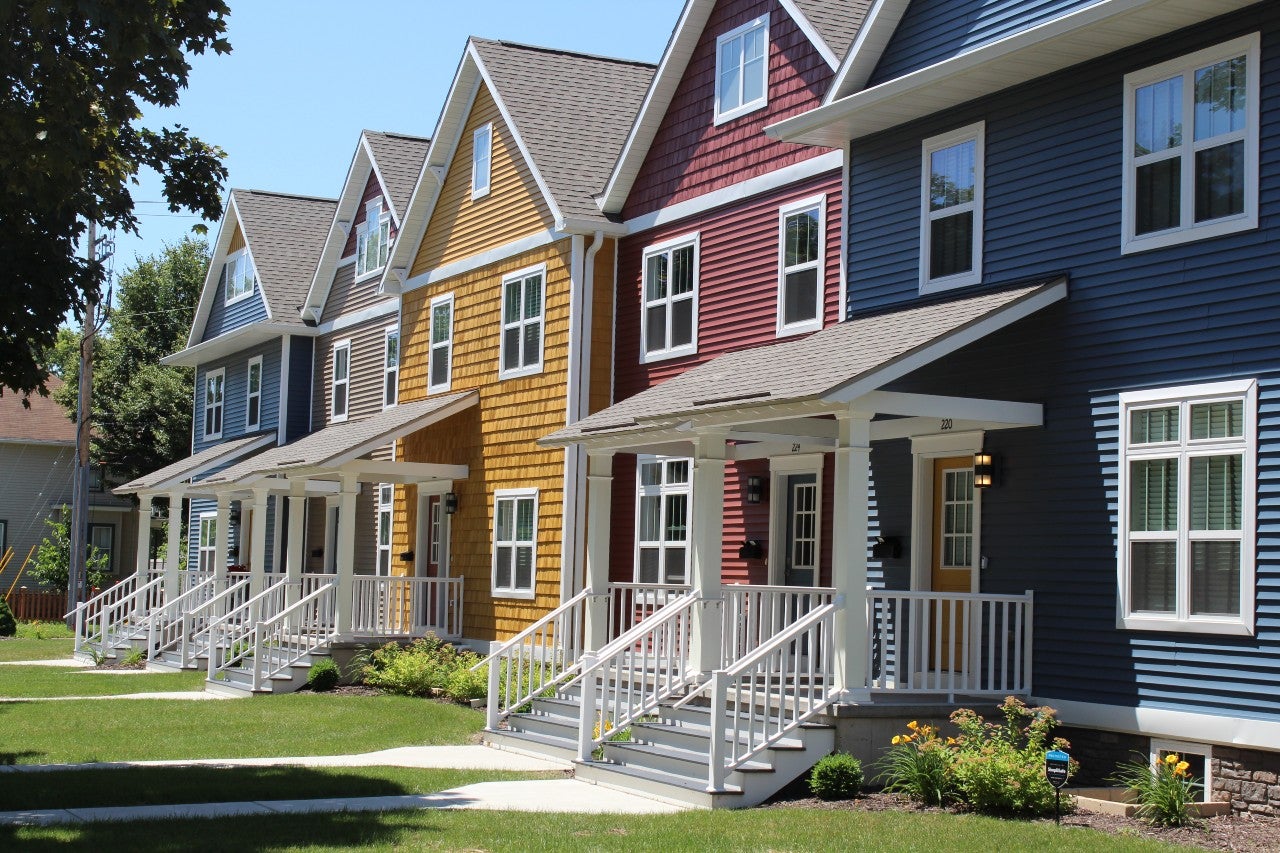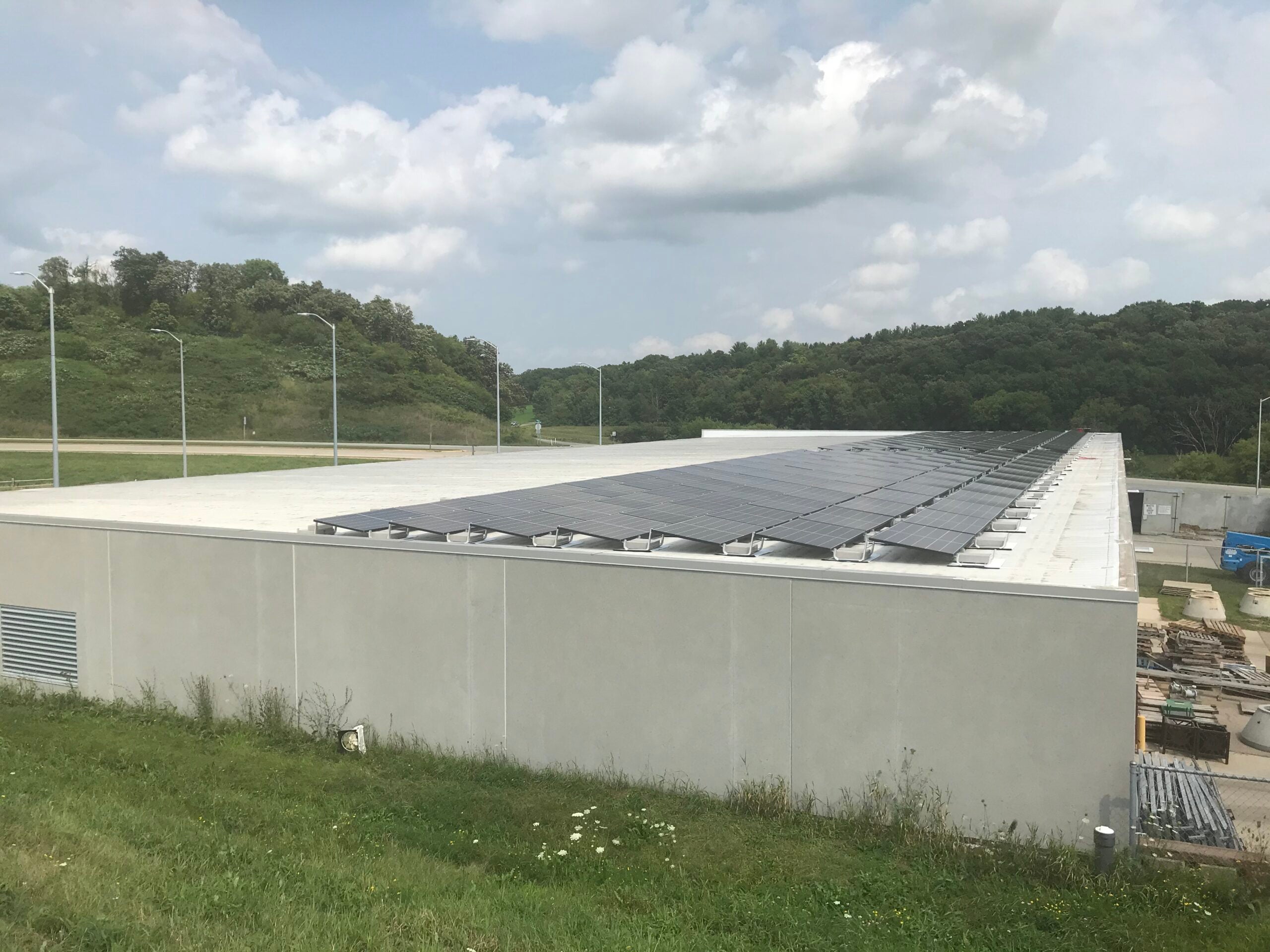A GOP bill would eliminate a state program that encourages businesses and local governments to be more environmentally sustainable, and it would block Wisconsin communities from joining efforts tied to United Nations climate goals.
Republican state Reps. Ty Bodden of Stockbridge, Elijah Behnke of Oconto, and Joy Goeben of Hobart introduced legislation to end the Green Tier program and an environmental compliance audit program. Both programs are overseen by the Wisconsin Department of Natural Resources.
Green Tier is a voluntary program under which participants agree to improve their environmental performance. Under the program, companies agree to have an environmental management system that helps them reduce energy use, waste and pollution. They also conduct internal audits of that system. For local governments, the DNR requires a resolution of support to participate and an annual report documenting efforts to achieve priorities they’ve outlined.
The bill’s authors said in a memo seeking co-sponsorship that the legislation seeks to address concerns regarding the state’s involvement in the United Nations’ sustainable development goals under its 2030 agenda.
“Wisconsin is already enmeshed in the United Nations’ 2030 Agenda through the Green Tier program. This has sparked concerns about the disruptive nature of this initiative,” the memo states.
The bill’s authors didn’t return requests for comment about the proposal.

The UN agenda aims to achieve 17 goals by 2030 that include ensuring access to education, water, sustainable energy and taking action to combat climate change. It also seeks to end hunger and poverty.
Rep. Katrina Shankland, D-Stevens Point, serves on the Assembly’s environment committee. Shankland said she was confused and surprised by the legislation.
“It wouldn’t just repeal the Green Tier program and its associated audit program, but it also would restrict political subdivisions — towns, villages, cities, counties — from engaging in agreements related to the 2030 agenda,” Shankland said. “I don’t know specifically what their intent is there, but it seems like eroding local control.”
She and the bill’s authors noted the Green Tier program has enjoyed bipartisan support. It was first enacted under former Democratic Gov. Jim Doyle in 2004, and former Republican Gov. Scott Walker directed the DNR to increase participation under the program in 2012.
Fellow committee member Rep. Jimmy Anderson, D-Fitchburg, said the bill reflects what seems like a “conspiratorial” mindset. He said he thinks the bill’s authors may be conflating global efforts to address climate change with the program. Anderson said repealing Green Tier would only harm efforts to improve the environment.
News with a little more humanity
WPR’s “Wisconsin Today” newsletter keeps you connected to the state you love without feeling overwhelmed. No paywall. No agenda. No corporate filter.
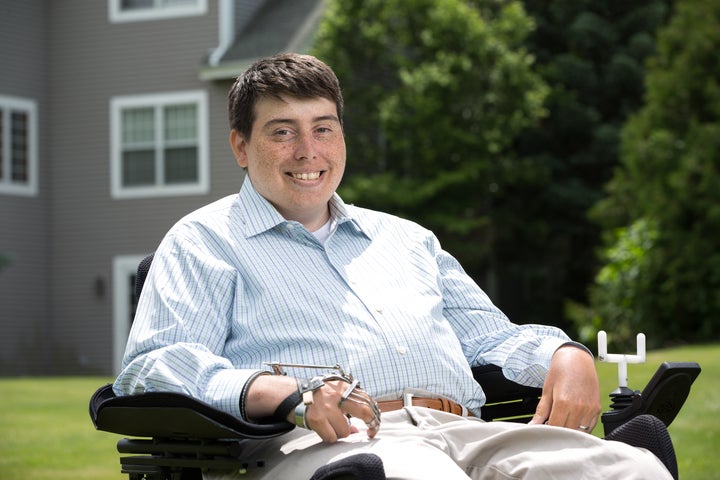
A DNR spokesperson declined to comment on the legislation. Laurel Sukup, manager of the agency’s Sustainability and Business Support Section, said businesses and local governments that take part in the program identify their own priorities for environmental improvements that may include reducing energy and water use or recycling activities.
Sukup said she hasn’t heard any local governments talk about the United Nations agenda, but some multinational businesses in the program have asked the agency to document their practices against those goals.
“Green Tier does not require any of our participants, businesses or local governments, to commit or participate in any specific platform nor do we set their goals,” Sukup said. “We’re focused on supporting them, and the efforts they take that make Wisconsin a cleaner, greener state.”
Around 50 companies with 166 facilities and 35 local governments are taking part in the program, according to the DNR.
The city of Bayfield was one of the first members of the program. Bayfield Mayor Gordy Ringberg said the UN goals aren’t at the forefront of the community’s efforts to make environmental improvements. The eco-municipality has benefitted by working through the program to reduce energy use and save money. Ringberg pointed to the installation of solar panels at its sewage plant and timing its drinking water pumps to run at night.
“We’re trying to do better on our own. We’re trying to save money for the city,” Ringberg said. “It doesn’t hurt to live in a clean place where the air is good to breathe and the water is drinkable and people can swim in the lakes. That’s all good.”
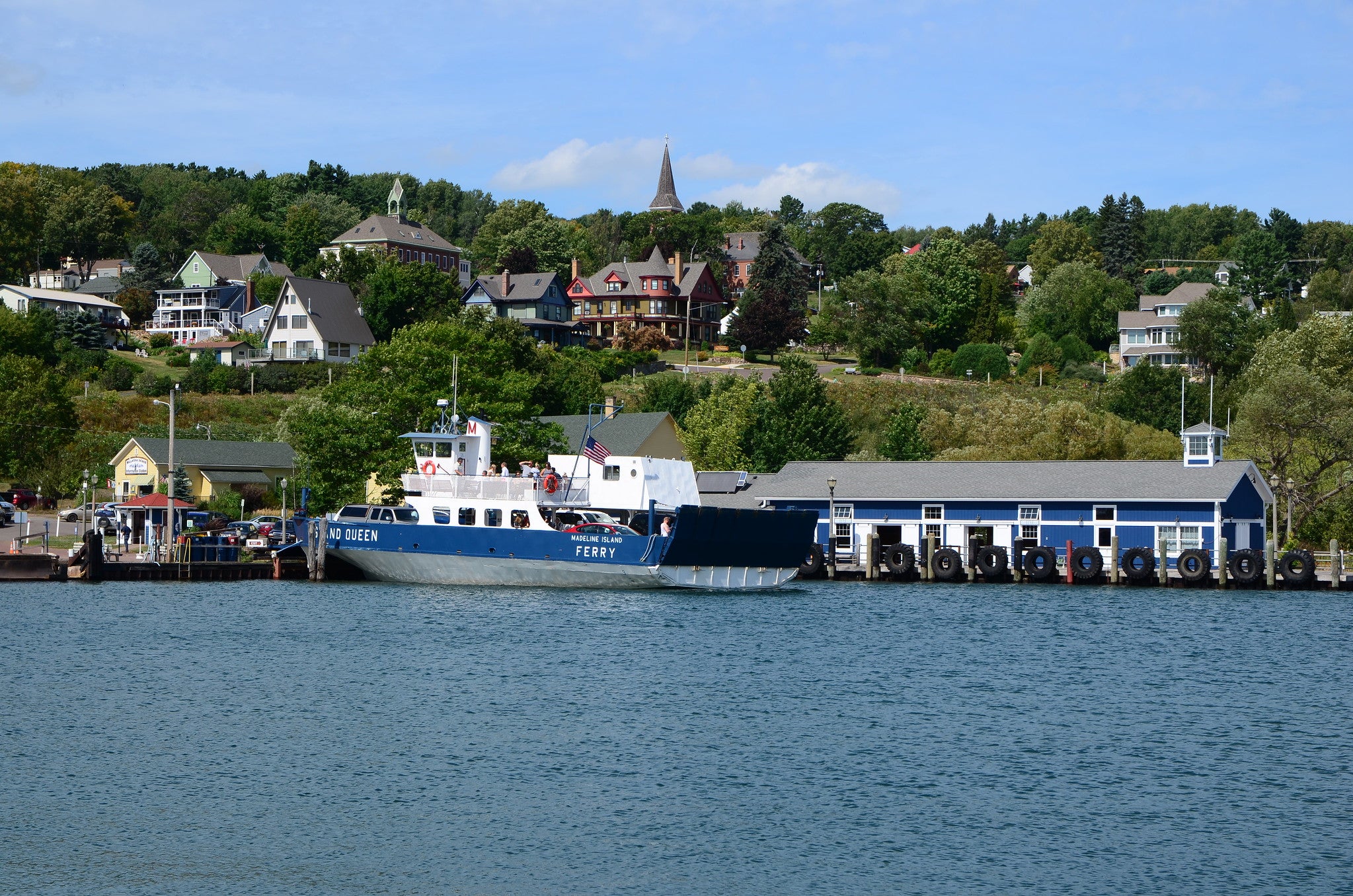
Bryant Esch, corporate sustainability manager for Waupaca Foundry, said the group joined the program in 2015 as the metal casting manufacturer was implementing sustainability goals. He said one of their facilities would use around 1 million gallons of water each day. It has since reduced water use by 72 percent as it seeks to cut water consumption by 80 percent. Last year, the company also sought to reduce their carbon footprint through electricity use by 30 percent.
“We think that this program has not only helped us, but it also helps the public as far as giving them another mechanism to look at different companies around the state and understand what folks are doing to improve their operations,” Esch said.
Kelly Hilyard, sustainability coordinator at the city of Middleton, said the program helped establish a baseline for its sustainability goals. The city of roughly 23,000 has a goal for renewable energy to provide 100 percent of its electricity in city operations by 2040 and community-wide by 2050.
She said the UN sustainable development goals haven’t driven the city’s decisions, but she thinks they align with their sustainability efforts. Hilyard said the program has helped the city network with other communities on advancing sustainability.
“I don’t understand why anyone would want to take away that network that’s been so fruitful for so many of us,” Hilyard said.
Wisconsin Public Radio, © Copyright 2026, Board of Regents of the University of Wisconsin System and Wisconsin Educational Communications Board.

